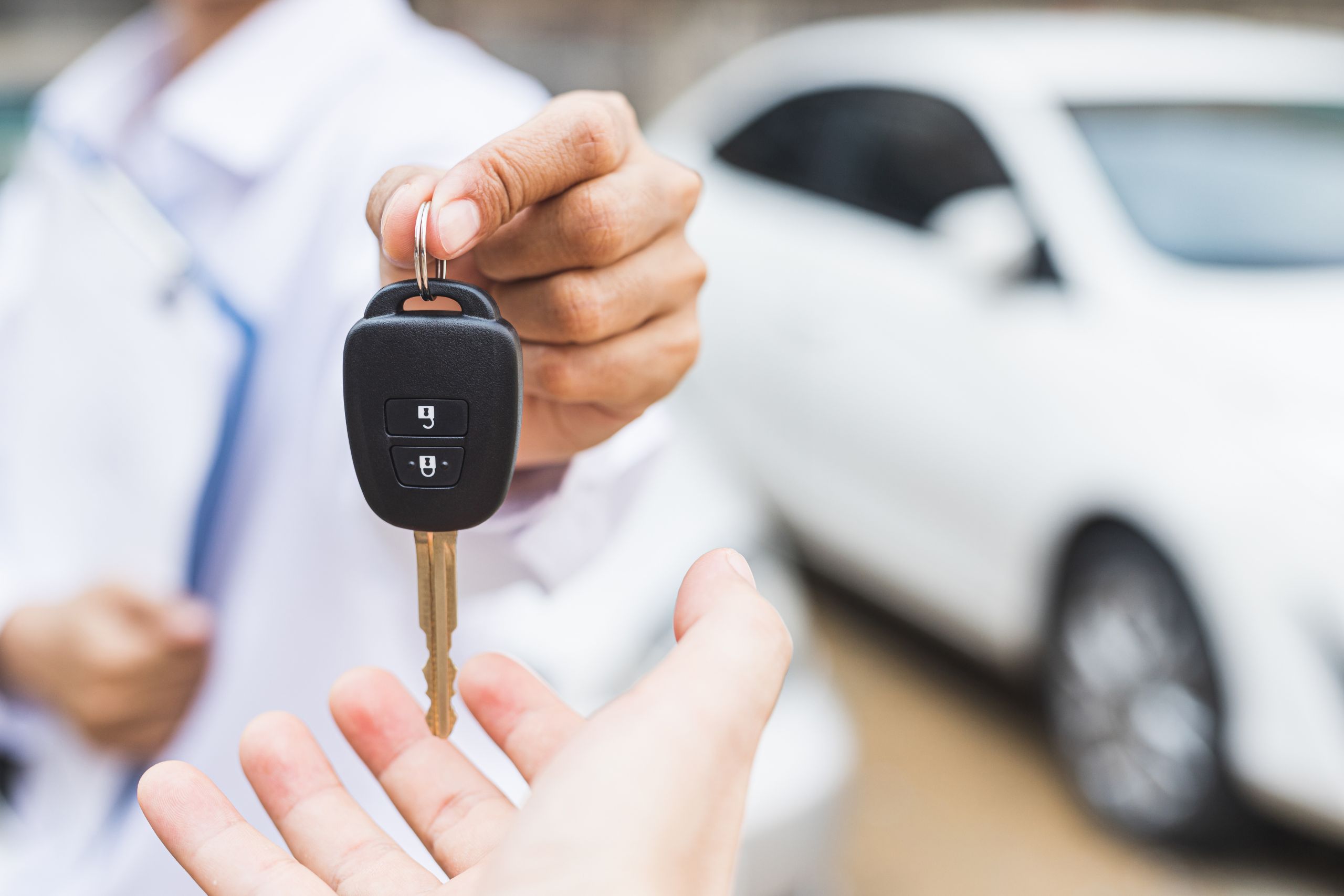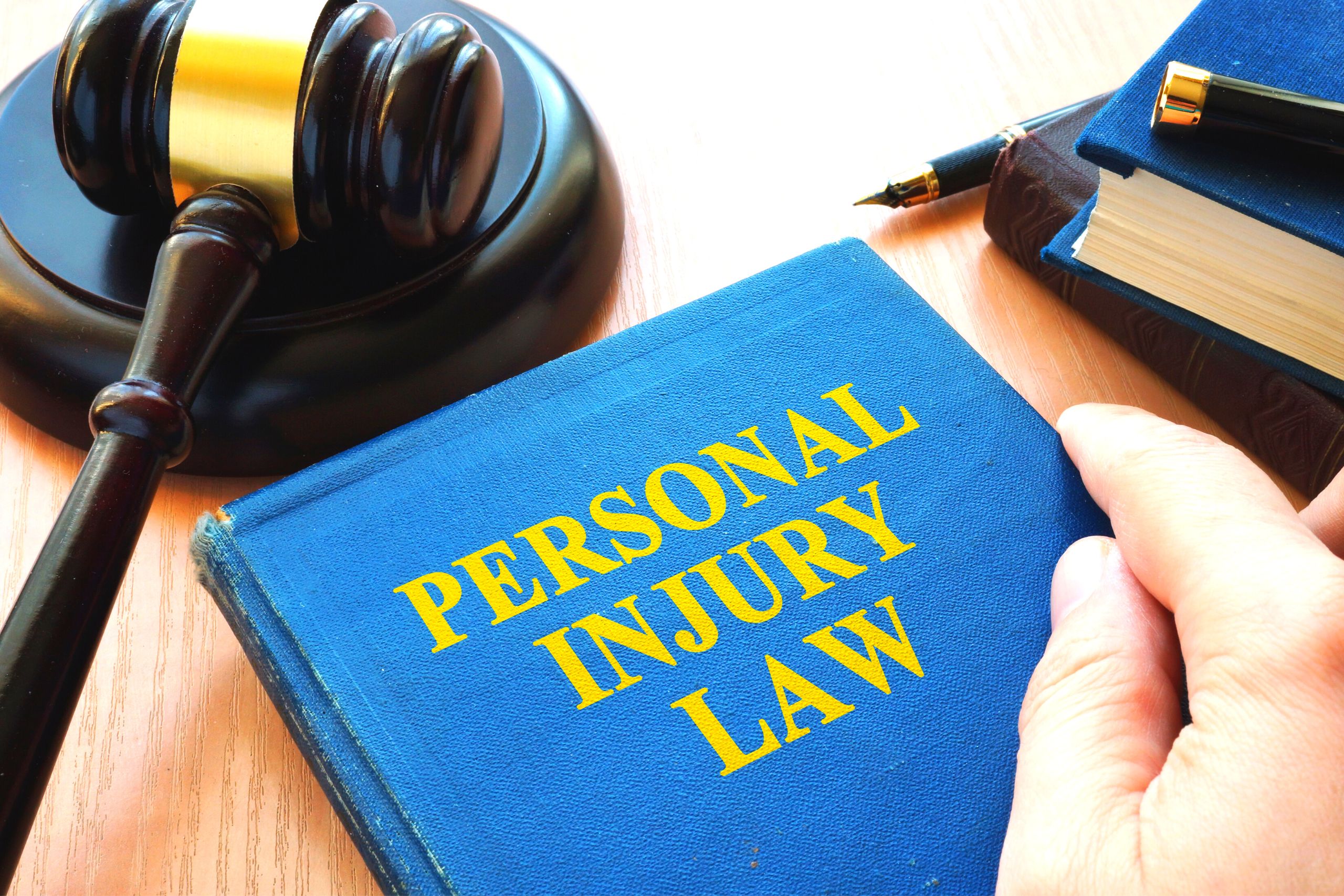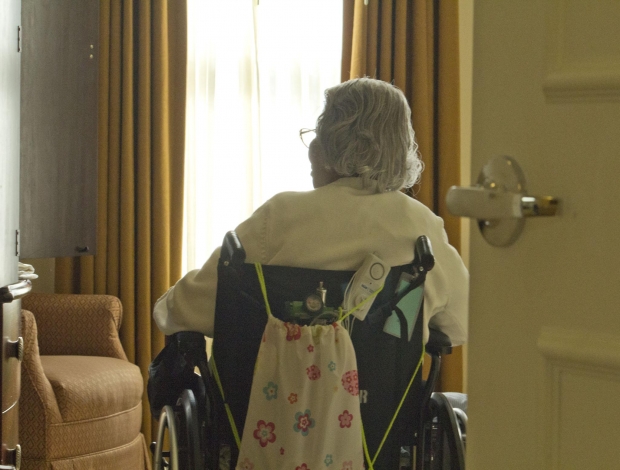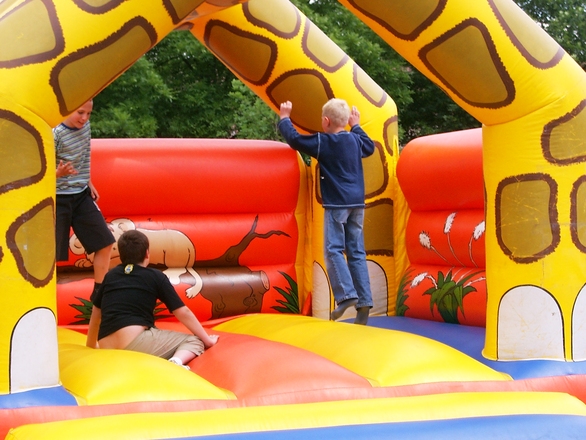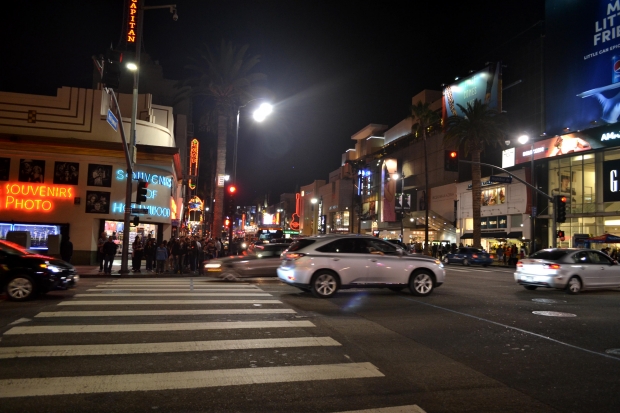One of the more unique elements of Florida injury law is the dangerous instrumentality doctrine. It essentially allows the owner of a vehicle to be held legally responsible for damages inflicted by negligent operation of that vehicle, even if it wasn’t the owner who was driving. As a Broward injury lawyer can explain, it’s an…
Continue reading ›Articles Posted in Broward injury lawyer
One of the first questions people start asking after a serious accident is, “Do I have a personal injury case?” Weighing both the viability and value of a potential case is important when considering how to proceed. But you’re going to have a tough time answering that question without first talking to a Florida injury…
Continue reading ›Construction sites are among the most dangerous workplaces in Florida. Those on-the-job work from heights, dodge moving objects, face the threat of slips, trips and falls, toil down in the trenches and encounter hazardous chemicals, toxic materials and live electricity. But it is ever possible for a worker injured in a construction accident to sue?…
Continue reading ›The estate of an elderly, incapacitated woman who was sexually assaulted by a nursing assistant in an alleged case of nursing home abuse will have to take its case back to trial after a state supreme court reversed a $1.7 million award for damages and ordered the case retried. Central to the decision to retry…
Continue reading ›Last Memorial Day, a six-year-old child lived through a terrifying ordeal on Fort Lauderdale Beach Park when the bounce house she and two others were in took flight and sailed at least 20 feet before dropping hard to the ground. Now, she girl has filed a personal injury lawsuit in Fort Lauderdale, accusing both the…
Continue reading ›There are over 20,000 car accidents in Florida every year. Preliminary counts of South Florida traffic deaths in 2015 suggest a sharp increase. In Palm Beach County, for example, The Florida Department of Highway Safety and Motor Vehicles counted a 29 percent increase in the first six months of the years to the first six…
Continue reading ›












